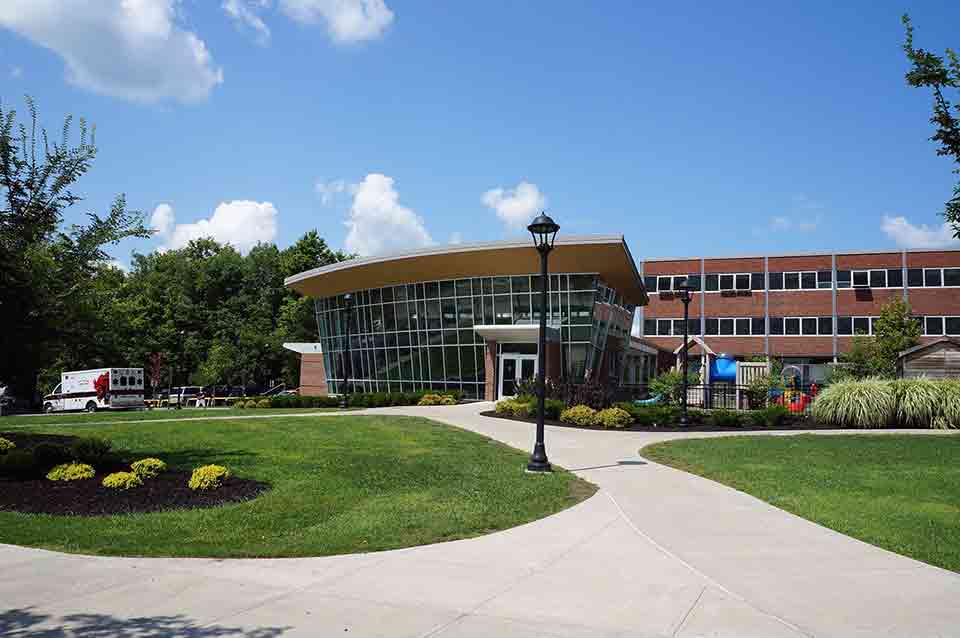For several years now, in Tygodnik Solidarność, and now also in Kuryer Polski, I have been trying to promote the Polish raison d'état through the eyes of a Pole living in the United States. I have written a number of articles why it is important that every Pole, and also those who feel Polish, know what this Polish raison d'etat is about. Together, there are 60 million of us scattered around the world, with the largest number of us here in the United States. There are about 10 million of us, where at least 9 million no longer speak Polish.

Photo: Pixabay
That is why Kuryer Polski was established in the USA — a new medium, which is a bilingual portal aimed at reaching Americans of Polish origin, and also true Americans, with the Polish perspective. The topic of what is the Polish raison d'état has been perfectly worked out by the Polish community since 1910. There are many reasons for the positive message about Poland and its developing economy to reach the global audience.
In my opinion, a sterile discussion about Polish narrative has been going on in the Polish media since 2016. The year is 2021 and still nothing is happening here. There is no large medium that would promote Polish interests in English, in the global arena.
I repeat the following thesis in many of my articles: "The fact that we emotionally talk to each other, in Polish, in our media does not matter in the global world." We are being flogged in the European Union, the Russian Duma is going to punish anyone who criticizes Stalin and his "achievements". We were "whipped" by Jews, Belarusians, Lithuanians, Ukrainians, Germans, French, and God only knows who else. Now, the American parliament is downplaying the crime of genocide in Katyń and we are just awaiting the US State Department to flog us for unpaid Jewish claims.
In Krynica, and then at Wawel, in 2018 Marshal Stanisław Karczewski called on the Polish community to join the process of defending Poland. "Polonia cares about Poland and cares about its good name," he said. He added that there is still great hope that "we will use this enormous potential of the Polish community also to care for the good name of Poland and the good name of Poles".
No vision or strategy was created, let alone any professional tools, so that we would finally stop being whipped. The call for the Polish narrative remained in the form of actions of individual politicians, barely at the PR level. What if, for example, the one Ministry of Culture would develop a set of topics for journalists and provided them with the necessary tools to publish their articles in Western media? For now, we spend a lot of money occasionally on paid articles that go unnoticed. Time for a serious strategy in this regard. It must be built on the assumption that we do it together, building the necessary groups of people of good will: from professors, through politicians, to journalists. This assumption must be based on the implementation of the Polish raison d'état, dismissing the "who is not with us, is against us" principle, popular in ruling circles.
I have been writing about the Polish raison d'état since 2012 and no one, ever, whether from the consulate, or from any other institution, has asked: "How can I help you?" We have a wonderful Polish nation, a Polish community scattered around the world, great works of the Polish intellect, from Paweł Włodkowic to Karol Wojtyła. It is time to make proper use of all these resources to defend our identity. It is also time for Polish Americans to join this debate. There are over 10 million of us here in America and our voice has not been heard for a long time.





